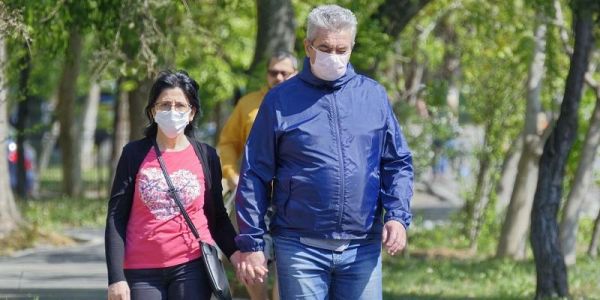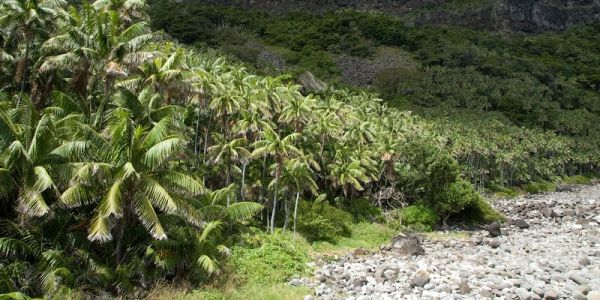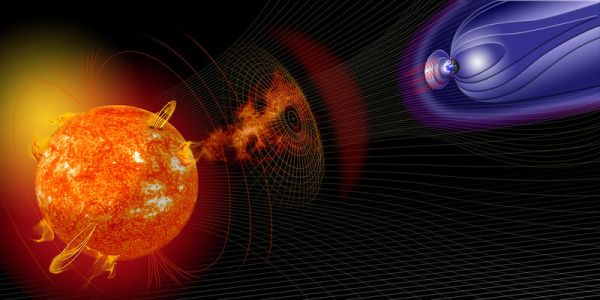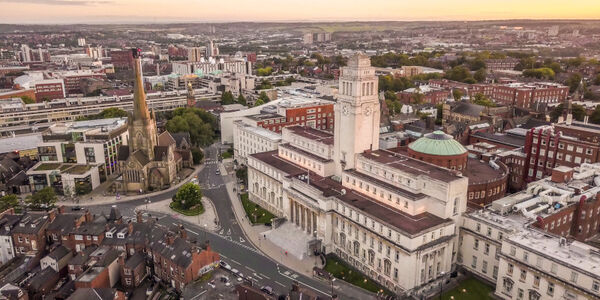
Robots join the frontline fight against coronavirus
Field tests have begun using intelligent robots to prevent the spread of coronavirus in busy public spaces.

Field tests have begun using intelligent robots to prevent the spread of coronavirus in busy public spaces.

The World Health Organisation needs to recognise that coronavirus might be spread by tiny respiratory droplets that remain in the air for prolonged periods, say leading academics.

A major new study shows adding rock dust to farmland could remove the carbon dioxide equivalent of more than the current total emissions from global aviation and shipping combined.

A major study has conducted the first global assessment of palm tree numbers to better understand tropical forest diversity and reduce uncertainty about carbon balance in these ecosystems.

The International Medieval Congress (IMC) – the biggest academic event of its kind in Europe – starts today. And for the first time it will be entirely online.

A major new interdisciplinary research centre has been launched with the aim of putting Leeds at the forefront of global efforts to tackle cancer.

The UK’s ability to predict solar superstorms and other severe space weather events is to get a significant boost with the launch of a major research project involving Leeds expertise.

Technology is not the silver bullet for mitigating and solving the many global environmental issues the world is facing, scientists warn.

The University has moved up two places in the latest QS World University Rankings, consolidating its place in the top 100.

An artificial intelligence system analysing data from the Gaia space telescope has identified more than 2,000 large protostars - and they could hold clues to the origins of the stars in the Milky Way.